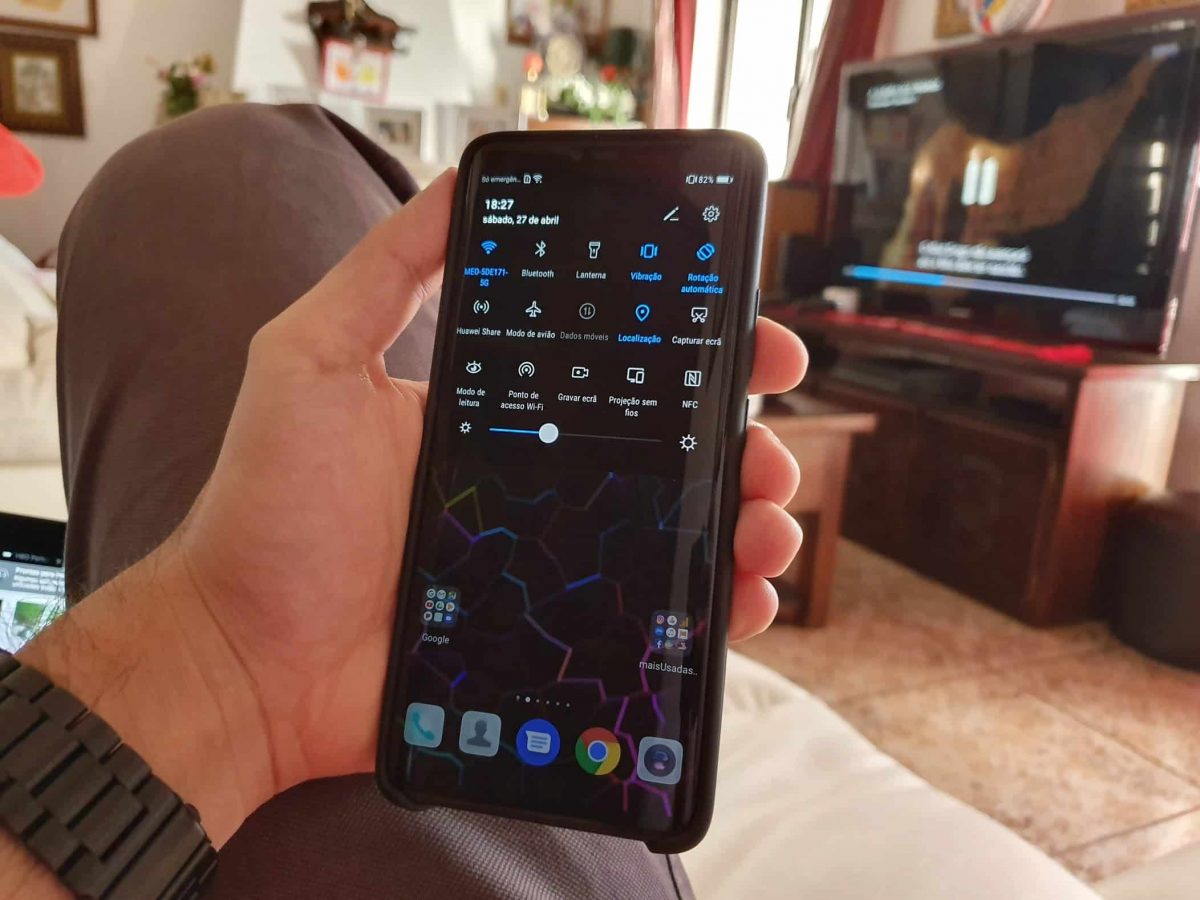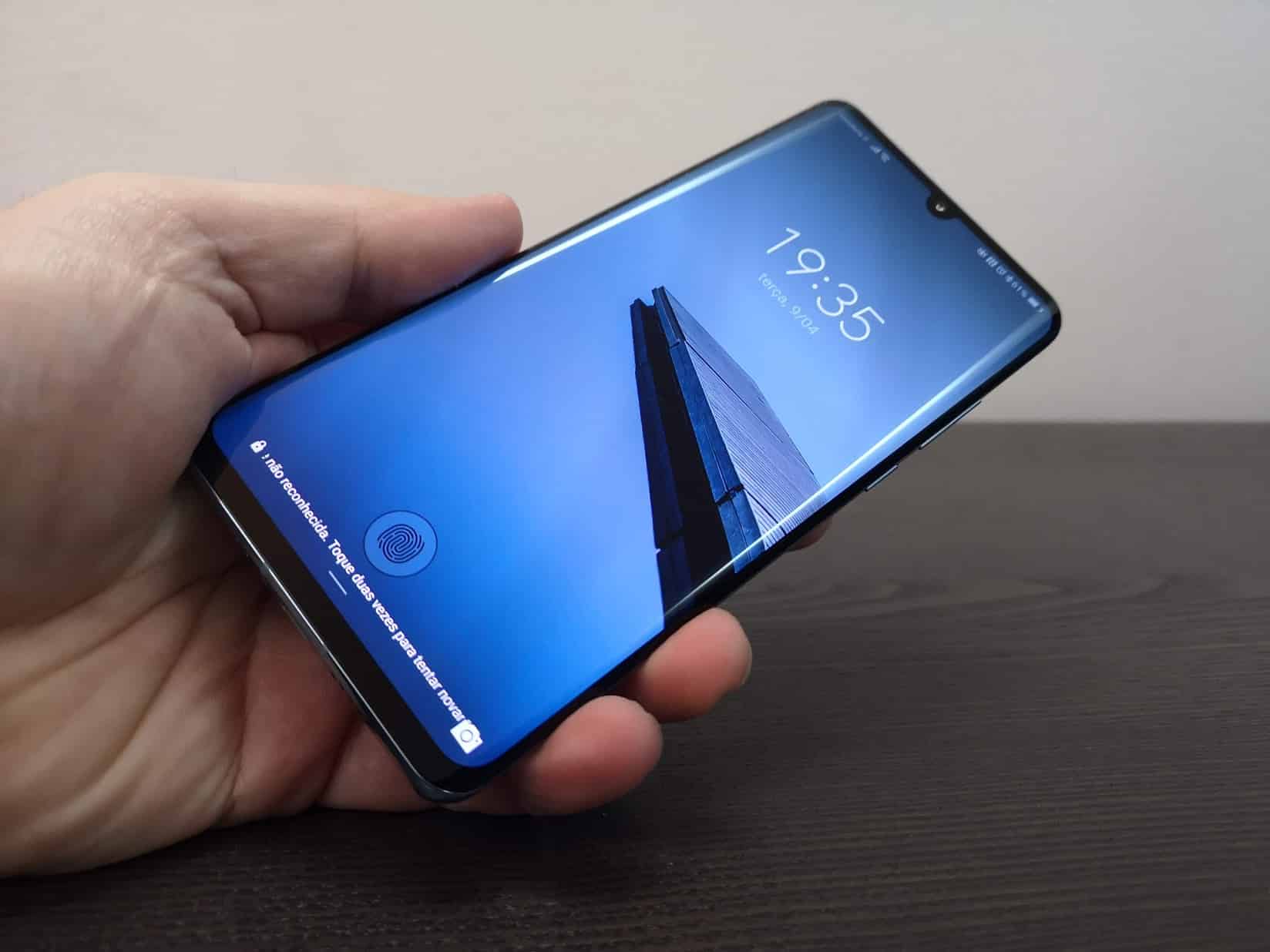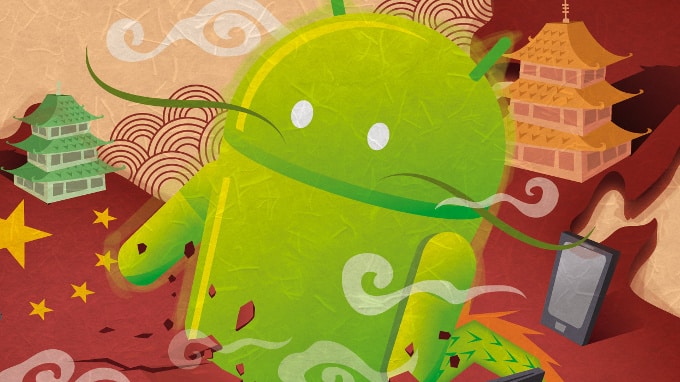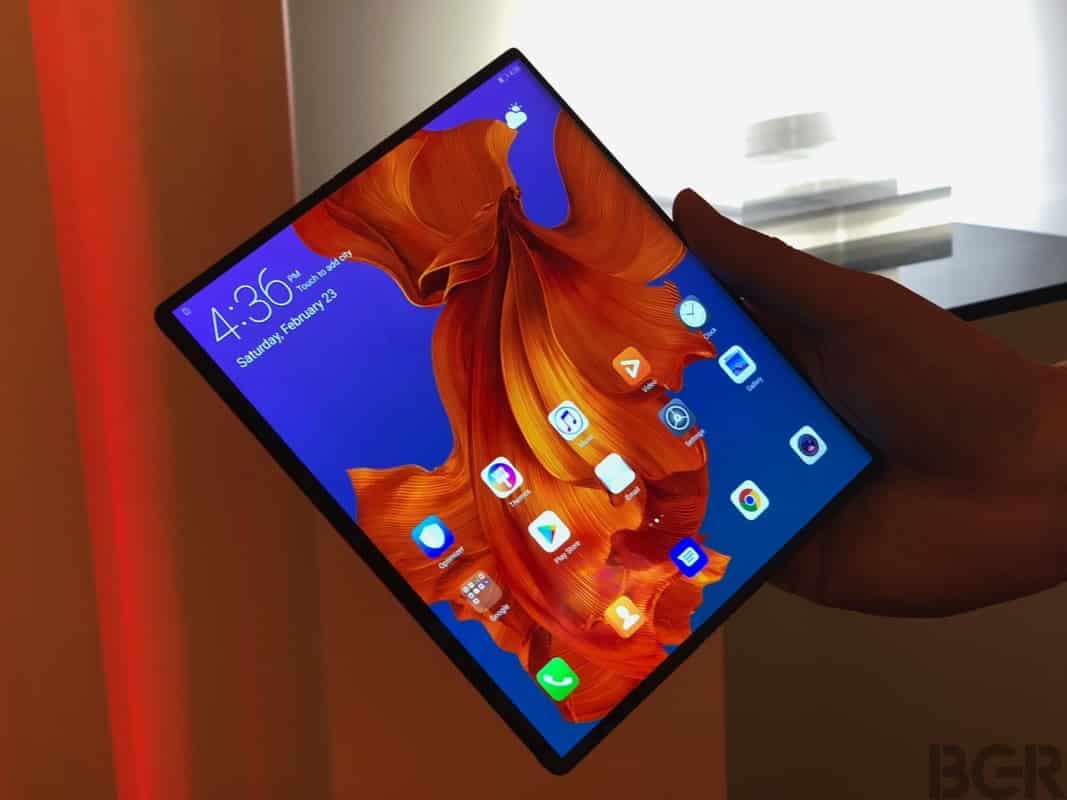Are you a little disillusioned with the EMUI 9.0 or EMUI 9.1 of your Huawei smartphone? In my opinion, the Chinese giant has a lot of work ahead, to face the new OneUI from Samsung, which completely transformed the experience of using Galaxy smartphones.
And maybe, a little of that work, give an air of your grace with the new EMUI 10! Is that the new Operating System, based on Android Q, is just about to arrive.
There is currently no official confirmation as to the name of the next Huawei update. In addition, we also still do not know for sure when this Operating System will begin to reach the top of the range brand.
What we do know is that Huawei is always based, the latest version of Google Android, when it builds a new EMUI.
Still, let’s try to figure out what’s on the way to Huawei’s P and Mate lines!
EMUI 10- Release Date
Huawei has announced the now ‘old’ EMUI 9.0 (Based on Android 9.0 Pie) at IFA 2018 in Berlin. It officially hit the market with Huawei Mate 20 smartphones in October of the same year.
To make sense, Google released the final version of Android 9.0 “Pie” on August 6, that is, a month before the announcement of EMUI 9.0.
So, when will we see the EMUI 10 for the first time?
It is very likely that history will repeat itself and Huawei will decide to launch the new EMUI 10 in September 2019. Also because the new Android should be officially launched in August this year, just like last year.
EMUI 10- Features
Google has officially confirmed several new Android Q features. However, it is still unclear whether they will all be available with the first version finished, or if some of the new features will arrive in other updates.
Within this package, we can include:
-
Deep Press
The next update of the Android Operating System will include support what we are accustomed to call the ‘3D Touch‘. Because deep down, it’s the exact same functionality that Apple implemented on the iPhone 6s.
So the idea here is to press harder your smartphone screen, it will be to receive options in the menu, which were previously hidden.
-
Privacy
Google is also planning to implement a new application permissions system to give it more control over the amount of information it shares with applications.
For example, applications now need explicit permission to be able to use their location. In addition, you can set the permission so that the application can only access certain information while you are using it.
-
Bubbles
The ‘Bubbles’ feature is a novelty of Android Q. Its purpose is to enable users to multi-tasking anywhere on their handset.
In the background, it’s just a bubble that will always be present on the screen, and that can be expanded at any time, reveal information or features of other apps.
-
Foldable smartphone support
Google, to take advantage of the new wave of folding smartphones, has decided to make the new operating system more ‘friend’ of these handsets. All of this, in order to take advantage of the new large screen, at the same time as the ‘Normal’ screen, continues to offer all the features that we know so well.
-
Desktop Mode
From Android Q, you can connect your smartphone to any external monitor for a PC experience.
-
Enhanced Settings
With Android Q, your phone will display settings if you feel it is necessary. For example, if you lose a Wi-Fi connection, a small window will immediately appear so you can resume the connection without losing a pinch of what you are doing.
-
Improved Always On Screen
‘Always On Display’ will receive some improvements with Android Q.
-
Standby Dual SIM
Google already supports eSIM cards on its Pixel smartphones. However, it was impossible to use this feature, and at the same time, have a physical SIM card installed.
Something that will change with the new Android Q. (However, you can only use one at a time)
Additionally:
Finally, Google will also impose various limits on applications that try to access photos, videos, audio, and files downloaded from the Internet. Similarly, there will also be greater control in background processing.




